When you walk into a modern factory or industrial plant, you see machines working in sync. These machines automatically mix, assemble, package, or power processes without missing a beat. That smooth operation doesn’t happen by chance. Industrial controls make it possible. If your business sources equipment or technology for manufacturing, utilities, or infrastructure, this guide regarding industrial controls will help you make smarter purchasing decisions.
Industrial Controls are systems that help machines and processes run automatically. Control systems start motors or turn valves automatically based on data, timing, or conditions. They replace the need for someone to manually start a motor or turn a valve.
These controls make operations:
In a food factory, an industrial control system manages mixing time, temperature, and flow rate. It ensures every batch remains consistent by controlling these key parameters throughout the process.
If your company builds, manages, or supplies industrial equipment, control systems are not optional; they’re essential.
Here’s what well-designed control systems offer your business:
Whether you’re upgrading an aging system or outfitting a new facility, industrial controls directly impact your bottom line.
This refers to how a system monitors and adjusts parameters like temperature, pressure, and speed. It also adjusts timing to keep everything running smoothly without interruptions or failures. It ensures that each part of an industrial process operates within set parameters to maintain quality, efficiency, and safety.
By using sensors, controllers, and automated feedback loops, process control systems can detect changes and make real-time adjustments. This reduces manual intervention and minimizes errors during critical industrial processes. It helps achieve consistent output in industries like manufacturing, oil and gas, and chemical production.
Controllers are the “brains” of the system. They decide what to do based on inputs (like sensors) and outputs (like motors or valves). The three most common types are:
Each system type serves a unique purpose, and many operations combine them depending on the scale and complexity.
Here’s how businesses use industrial control systems in everyday operations:
As a buyer, understanding the use case helps you pick the right system and vendor.
Not all control systems are created equal. When sourcing for your organization, consider the following:
Can the system work with your existing equipment and software? Look for open communication standards and compatibility with other systems, such as ERPs or data dashboards.
Can you expand or modify the system easily as your operation grows? Modular systems allow you to upgrade without starting over.
Is training, installation help, and post-sale support included? Reliable partners offer peace of mind during setup and maintenance.
Can your staff operate and troubleshoot the system without calling an engineer every time? Look for clear interfaces and intuitive controls.
Modern systems should collect and report data that helps you improve productivity, maintenance schedules, and energy use.
Type | Best For | Pros |
|---|---|---|
PLC (Programmable Logic Controller) | Assembly lines, packaging, material handling | Durable, fast, easy to program |
DCS (Distributed Control System) | Large-scale continuous processes | Centralized control, great for batch management |
SCADA (Supervisory Control) | Remote sites like water, oil, or utilities | Real-time visibility, remote access |
If you’re not sure which type you need, start with a use case.
Ask:
Think of industrial controller systems as part of your broader automation and operations strategy. They can connect with:
By integrating these elements, your plant or operation becomes smarter and more efficient over time.
Industrial control systems help streamline production processes beyond the factory floor. Technologies like programmable logic controllers (PLCs) and human-machine interface (HMI) support operational monitoring. Teams use these technologies to monitor operations effectively through real-time data and system feedback. Integration with communication networks and communication protocols improves coordination between departments using field devices.
Operations managers gain better control over assembly lines and the entire automation process. PLCs and HMIs enable accurate tracking of controller output to avoid delays and reduce downtime. These tools simplify complex processes, improving productivity across the production line.
Procurement teams benefit from sourcing efficient field devices and scalable PLCs. These components support smoother manufacturing processes while reducing unexpected maintenance costs. Access to real-time data improves supplier evaluation and enhances cost-effectiveness.
Executives can make better strategic decisions using real-time data from PLCs and field devices. These insights help track KPIs and ensure compliance across manufacturing plants. Reliable communication networks and consistent controller output contribute to measurable ROI.
Sales teams can confidently promote the reliability of products from automated production lines. With data-backed consistency from PLCs and HMI displays, customer trust improves. Automation ensures every item meets quality standards, supported by efficient control functions.
Traditionally, buying control systems meant long sales cycles, demos, and one-on-one consulting. That’s still valuable, but B2B e-commerce now offers new benefits:
On a trusted B2B platform, you can browse and buy industrial controls with ease. You shop for industrial controls like office supplies, but smarter and tailored to business needs.
Industrial Controls blends technology, engineering, and strategy. You may choose a Programmable Logic Controller, Distributed Control System (DCS), or SCADA system. Each choice directly shapes your facility’s efficiency, safety, and productivity. With the right Industrial Controller Systems, you win in production quality and operational resilience. Evaluate carefully and build systems that evolve alongside your business ambitions.
Looking to streamline your operations with reliable control solutions? At eINDUSTRIFY, you can buy a wide range of industrial control equipment built for performance and durability. We stock timers, overloads, contactors, temperature controls, and power supplies from trusted brands.
These brands meet the demands of modern industrial environments with reliable and efficient performance. Our catalog also includes industrial quick-connect solutions, motor starters, cartridges, and intuitive push buttons & push lights for an efficient operator interface.
You may upgrade existing systems or build new automation setups with ease. eINDUSTRIFY makes procurement easy with fast shipping, detailed specs, and dedicated support. Email us at info@eindustrify.com or call +1 888 774 7632 to register for access to a premium global marketplace. Grow your business with the right Industrial Control equipment for smart manufacturing solutions.
Ready to select the ideal control system for your facility? Contact our experts for tailored guidance and craft a roadmap to smarter manufacturing.
Tags: Industrial Controls Process Control Types Of Controllers Industrial Processing Types Of Industrial Controls Industrial Controller Systems Programmable Logic Controller Distributed Control System DCS Supervisory Control and Data Acquisition SCADA
RECENT POSTS:
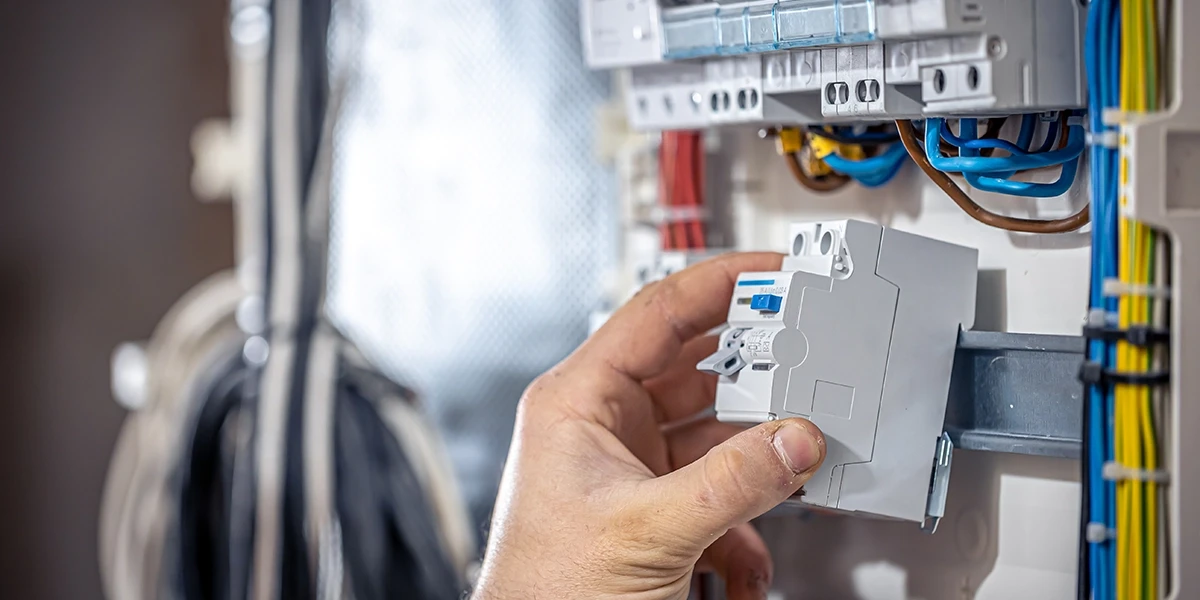
How Industrial Circuit Breakers Are Critical for Power Generation Safety
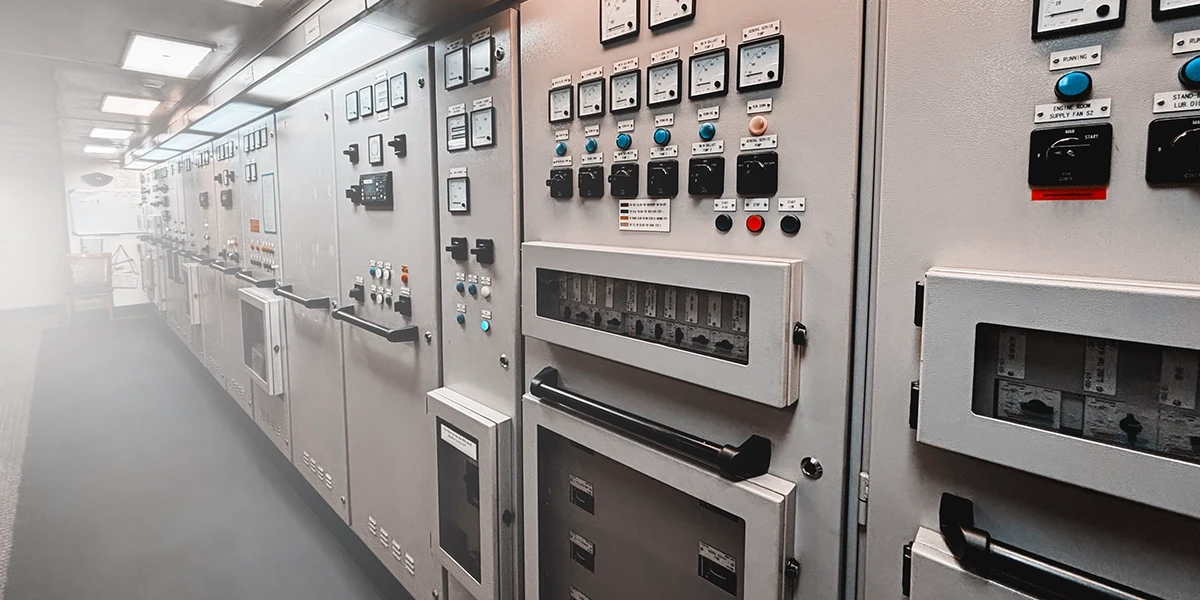
Essential Power Distribution Panels for Optimizing Your Industrial Setup
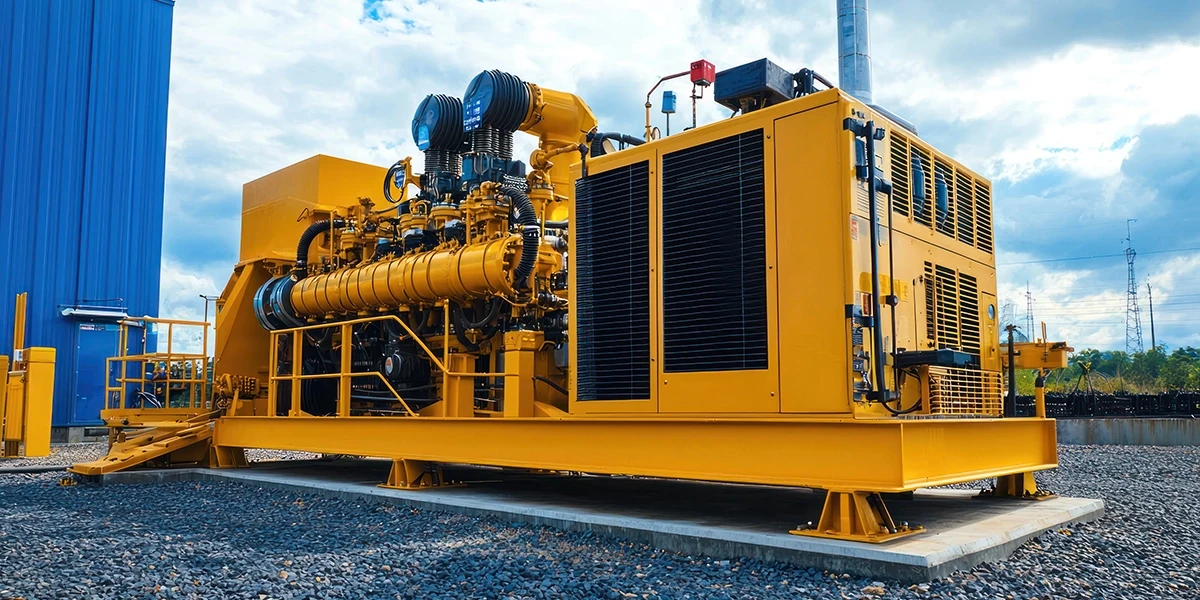
Top 5 Generator Protection Devices for Reliable Power Generation
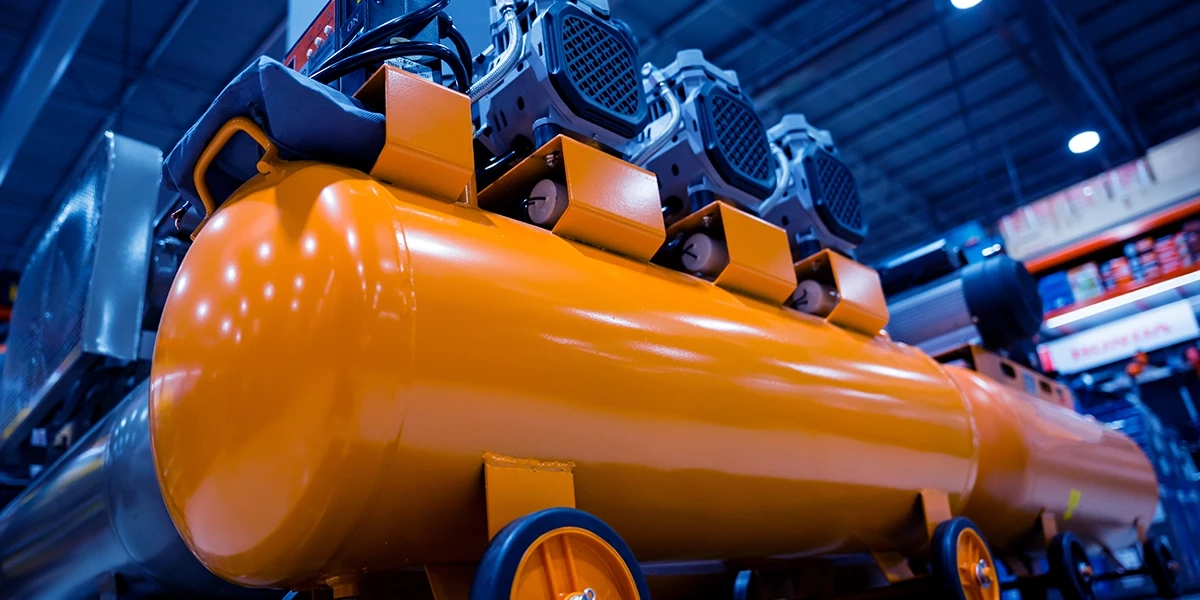
How to Choose the Right Industrial Air Compressor for Your Facility
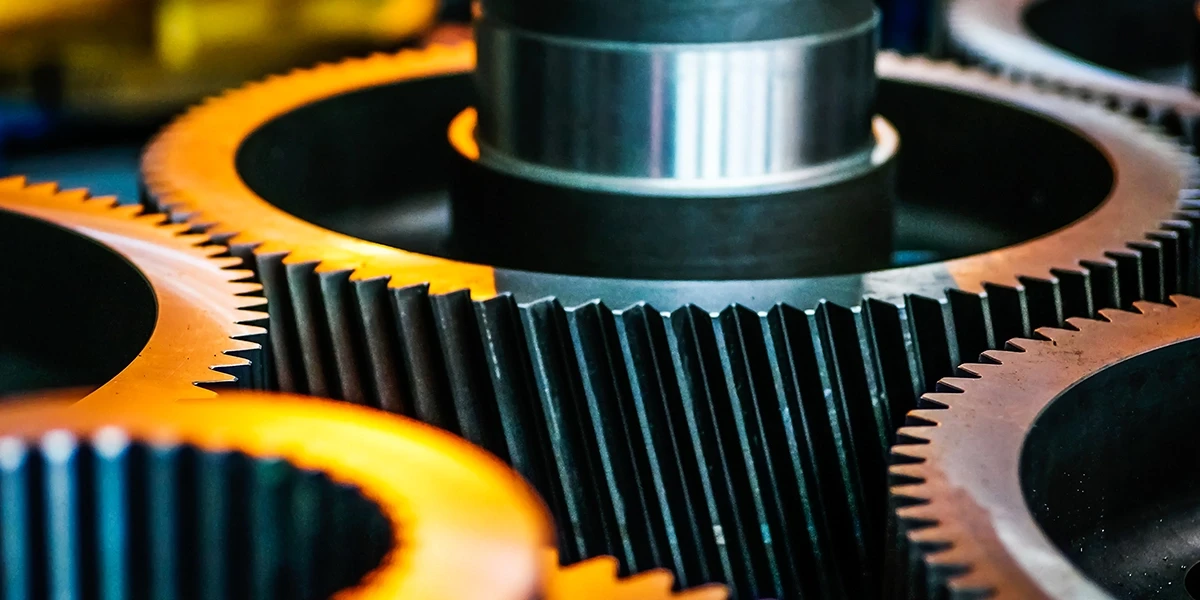
Choosing the Right Global Power Transmission Equipment
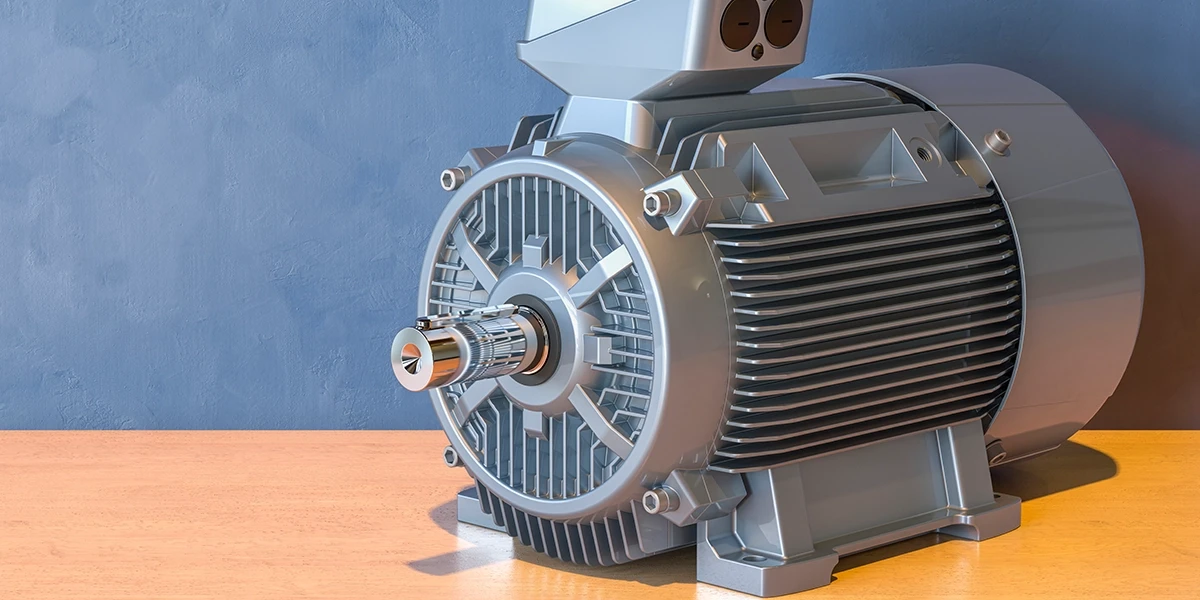
Top DC Motors for Industrial Automation
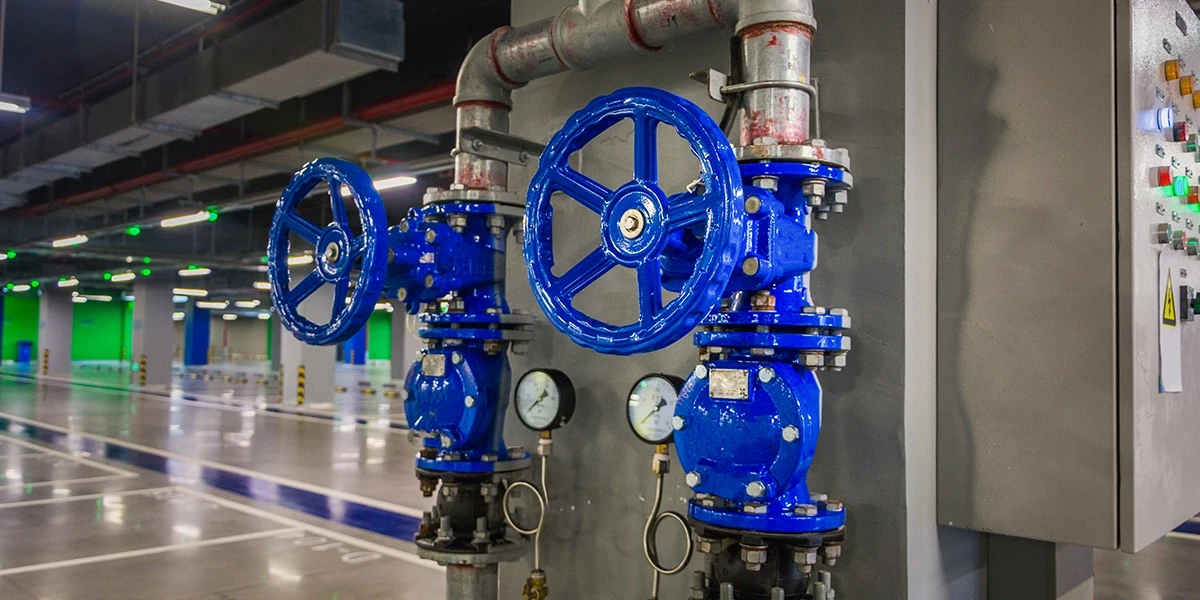
How to Select the Right Control Valves for Your System
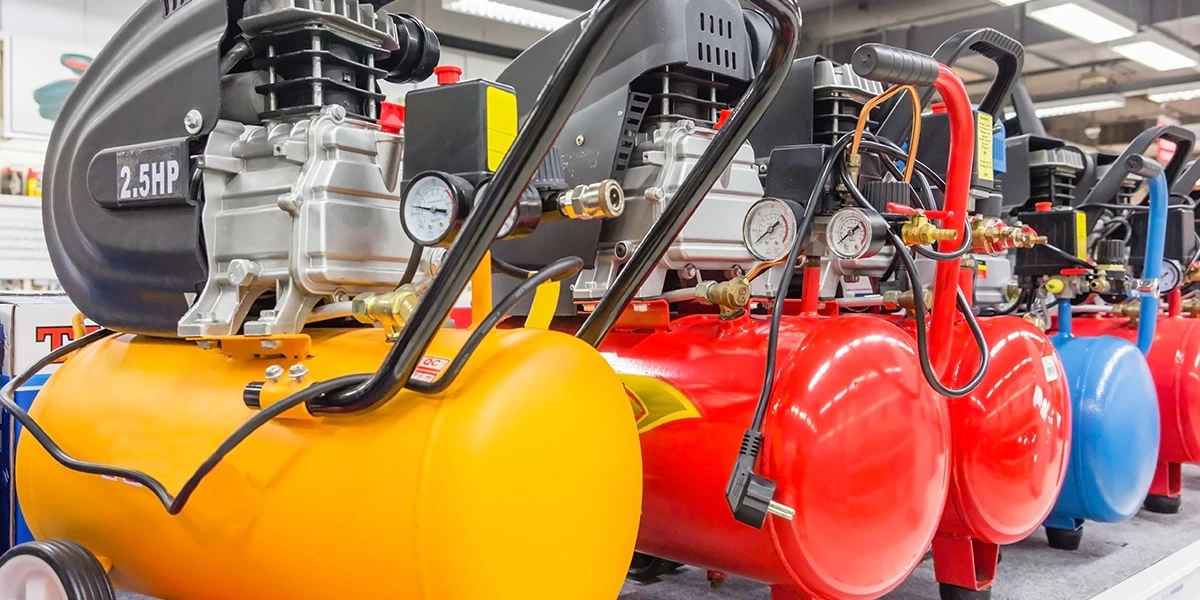
Air Compressors for Sale: Compare Models, Brands, Features